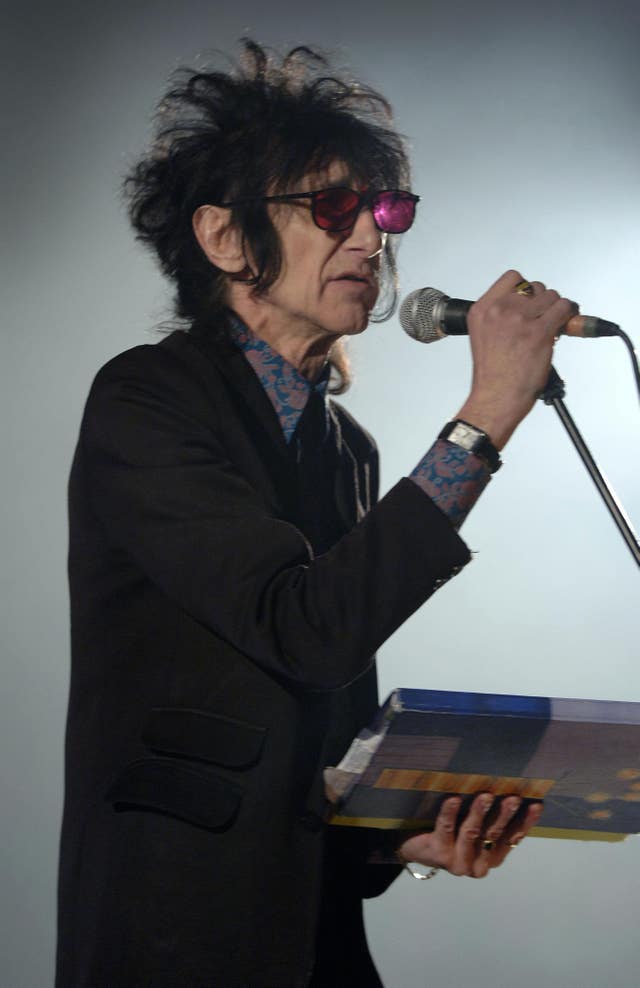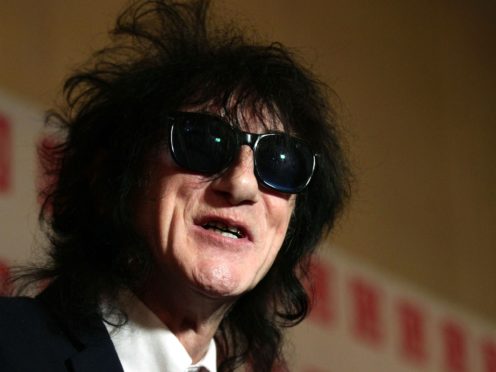John Cooper Clarke has said he did not want to quit heroin.
The punk poet believed he was doing society a favour when he weaned himself off the drug.
He had maintained a long heroin habit before quitting to ease the worries of those around him.
Clarke has said that he did not really want to quit, and believes no addict does.

Speaking on BBC Radio 4’s Desert Island Discs, the poet has said the tedium of working for money in the 1980s had brought an end to the punk scene and made life difficult.
Clarke has said that safety did not play a part in his decision to quit, but he did not want to be a source of anxiety for his loved ones.
He said: “I don’t remember fear being one of the factors. I’ve been in scary situations around it.
“When I quit I felt really badly done to. I didn’t want to quit. I don’t think anybody does.
“You feel you’re doing it for society. I thought I was doing everybody a favour.
“Everybody was worried about me, what can I say? No-one wants to be a source of anxiety to everybody they know. You’re just trouble.”
We're so excited for this, make sure to tune in- @BBCRadio4 Sunday morning !! https://t.co/huv0oS3cih
— John Cooper Clarke (@official_jcc) July 19, 2019
Clarke has said that the explosion of punk music chimed with his own poetic ambitions, and he felt a kinship with the likes of the Sex Pistols and the lyrics of the new style.
He has said that when the 1980s began, true punk became unviable, and he was forced to seek money.
Clarke said: “Every drug addict is virtually the same person. There’s not really much point in dwelling on it.
“I needed money more than ever, so I had to work. The glamour was flaking off with every new job. I really felt like I was selling my sorry ass.
“It was a tedious saying among hippies, if you’re not part of the solution, you’re part of the problem.
“I was very much part of the problem.”
Desert Island Discs airs on BBC Sounds and BBC Radio 4 on Sunday at 11.15am.
